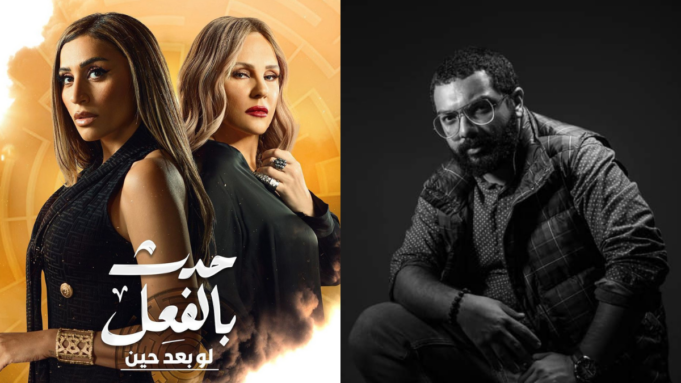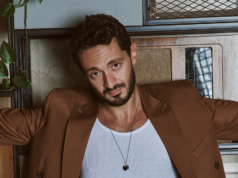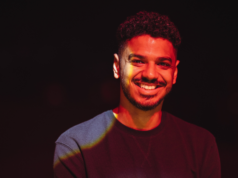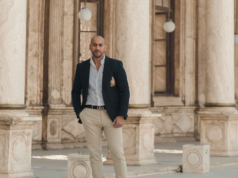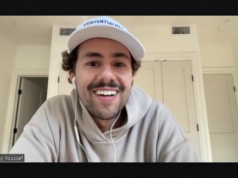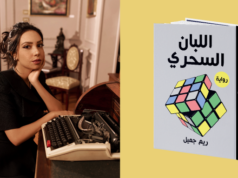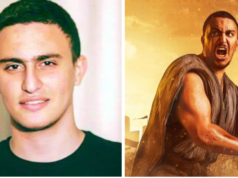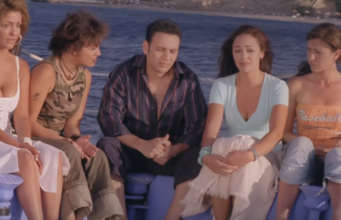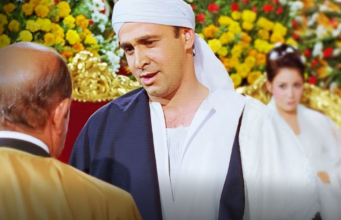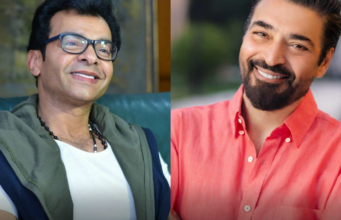Off-season productions have recently been crushing the entertainment scene in Egypt. “Hadas Bel Fe3l” is just one of those! It’s an anthology series that has presented unique psychological thriller stories, and we’ve had the chance to talk to the mastermind behind the series, screenwriter Fadi El Najar. He shared the inspiration behind the show, the challenges of addressing mental health in the Middle East, and the process of crafting stories based on real-life experiences. Read the full interview to know more about the world of psychological tension on screen and the process of making “Hadas Bel Fe3l”!
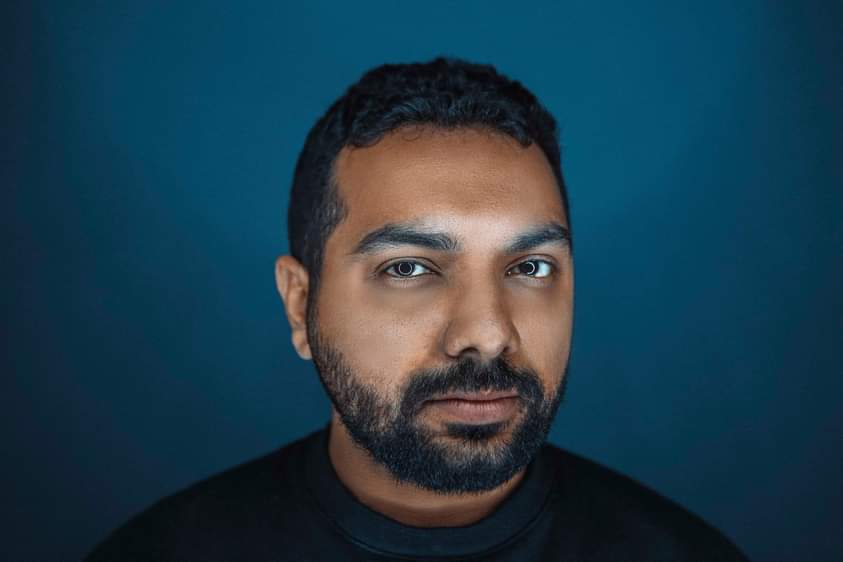

What was the inspiration behind the concept of the series?
The inspiration for the show was discussing mental illness and its perception in the Middle East. Our culture doesn’t fully accept or comprehend its seriousness. Many fail to recognize that individuals with mental illnesses are not okay and need help. My goal was to awaken the Middle East to the importance of considering mental illness in all aspects of life and for all age groups, kids and adults alike.
Everyone should have the opportunity to heal from past or present traumas. So, speaking up about mental health was my true inspiration. Additionally, my strong opposition to applying the death penalty to criminals also inspired the show. I believe that many criminals are mentally ill and should be incarcerated but also treated psychologically.
Could you share your favorite and most challenging storyline from the show?
My favorite story is “Reesh Abyad” because it involves three main characters who are unwittingly dealing with mental illness. We witness a family of three who are mentally ill but unaware of it. It begins with deception by Rageh, and a chain reaction ensues.
The most challenging storyline is “Law Ba3d Heen,” starring Dina El Sherbiny and Shereen Reda, as it addresses a highly critical topic not previously tackled in Arabic drama.
How do you go about selecting the cast for the series?
The cast selection process was challenging because I had specific actors in mind, but I couldn’t secure them for the roles. However, once everyone read the script and approved it, they happily joined the series. I had the cast in mind during the writing process for each story.
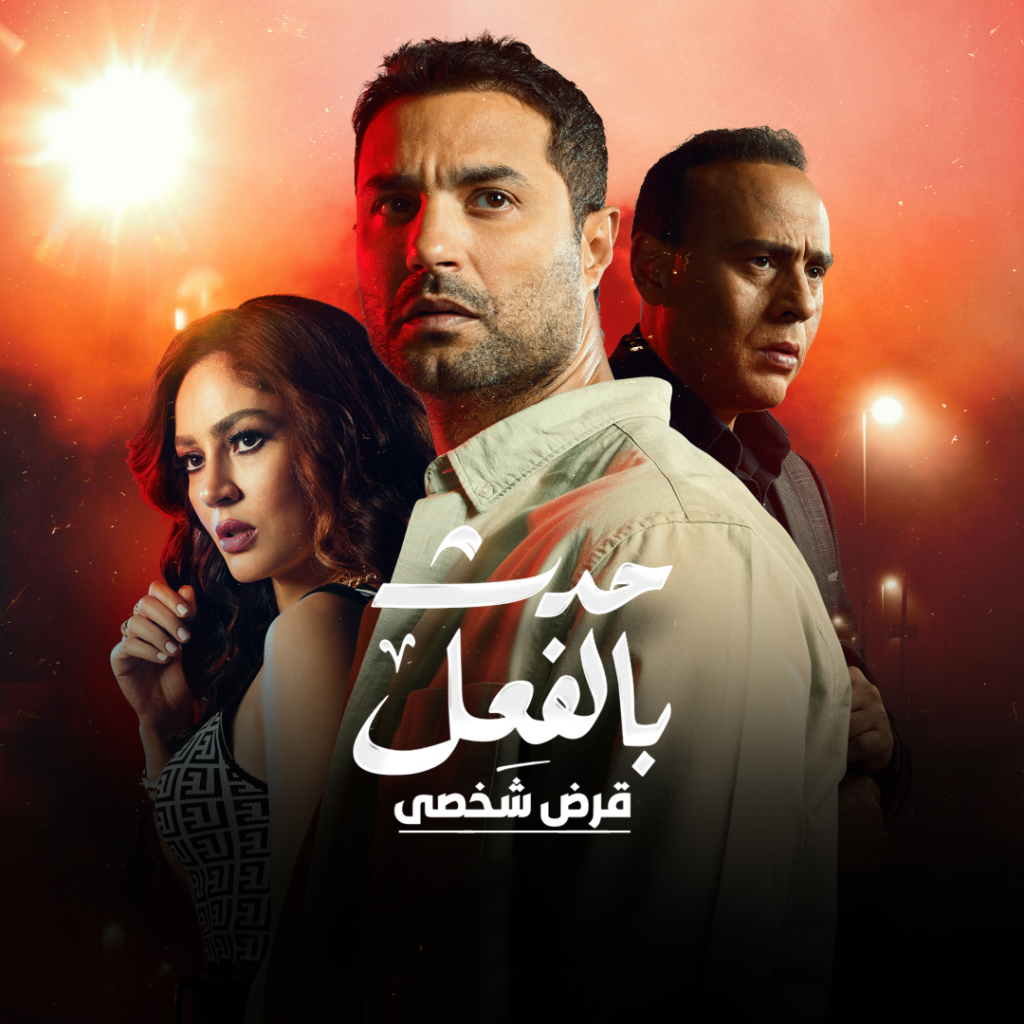

Could you elaborate on the research process involved in developing the show from the beginning? Why were those stories specifically picked out of others to be featured on the show, and how did you get the leads and access to them?
The show comprises stories from nine different countries. I met with 23 psychiatrists and compiled a list of mental illnesses. I then gathered stories by consulting with the psychiatrists.
For instance, they informed me about a patient suffering from Obsessive Love Disorder who loved her son too much that she killed his bride, her daughter-in-law, on their wedding night. I would take this information and develop the story.
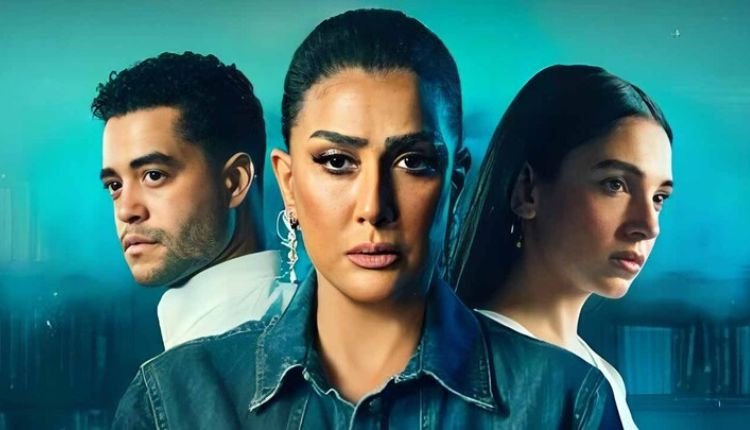

Can you recount the most memorable situation that occurred on set during filming?
The weirdest situation happened during the filming of “Law Ba3d Heen”. The ending was emotionally intense, and everyone on set was in tears due to the script and the exceptional acting skills of Dina El Sherbiny and Shereen Reda.
In your opinion, are the stories crafted to be more accessible or more intense than real-life situations?
Actually, the stories were told in a dignified manner. The real-life stories were often more emotionally wrenching and intense.
Who delivered the most surprising performance in the realm of psychological thrillers?
Everyone on the show did an outstanding job, from the actors to the editing, background music, and art direction. The cast and crew gave their best, and I’m very proud of their dedication. We also selected different crews for each story to provide a distinctive and unique touch to each production.
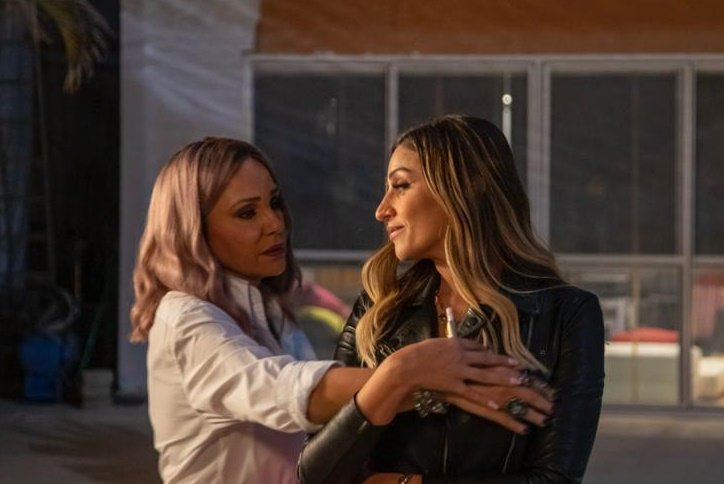

Could you recommend some of your favorite Egyptian psychological thriller productions?
Some of my favorites include “El Feel El Azra2” and “Torab El Mas”.
What challenges did you face in bringing psychological tension to the screen, considering cultural and societal sensitivities?
Introducing this topic to Arabic drama and the Middle East was quite challenging. Most production companies initially rejected the project, fearing that people wouldn’t watch or appreciate the truth about psychological illnesses.
It took me two years to find a production company that would approve the project. Many were apprehensive about the topic and the surprising endings of each story.
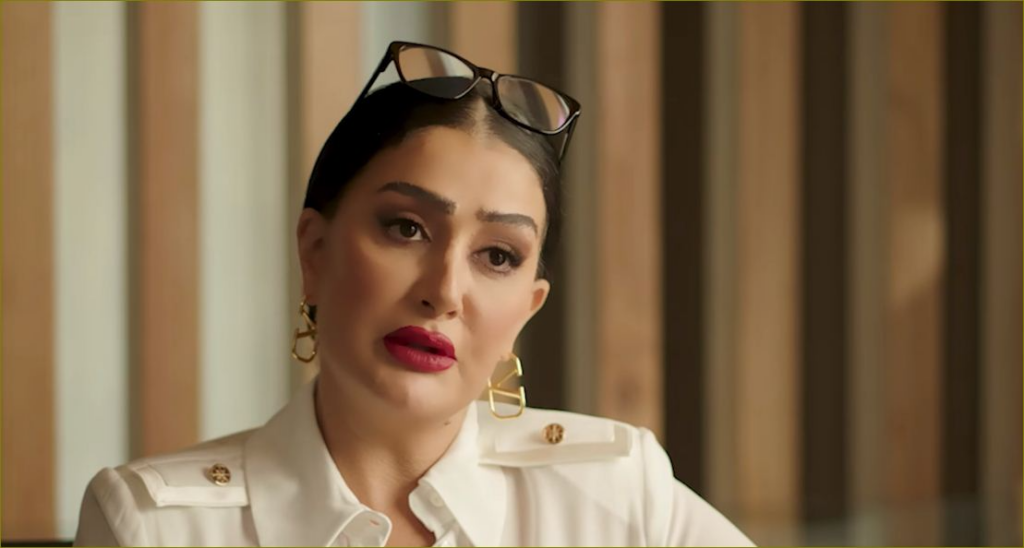

Can you share insights into the collaborative process between the writing team and the director to bring your vision to life?
“Hadas Bel Fe3l” was solely written by me; there wasn’t a writing team. Director Mohamed Hesham El Rasheedy believed in the story from day one. He also had his vision for the scripts, so we collaborated to enhance the project.
Teamwork played a significant role in shaping the series. We welcomed criticism, new ideas, and different perspectives for every story, as they all contributed to the project’s success.
How do you handle feedback and reactions from the audience, especially in a genre known for its twists and surprises?
Handling feedback and comments on the twists was a crucial part of the process. We were prepared for it from the moment we started shooting, as this genre is novel and surprising for the Middle East.
We told true stories and shared reports on mental illness, and we were open to the audience’s discussions and debates about the endings.


Are the stories’ endings real or not? And if not, why did you change them or construct them the way you did?
All the endings are real, although some parts of the story may be adapted for dramatic effect. But unfortunately, the endings are real.
Which story is the most controversial out of them all?
I believe the most controversial stories are “Reesh Abyad” and “Law Ba3d Heen”.
What do you think would happen if the real-life story characters identified themselves?
If the real-life story characters identified themselves, they would most likely remain silent. Most people wouldn’t admit to being criminals, especially considering the extensive changes we made to their stories.
They might simply view the show as portraying the experiences of other characters.


